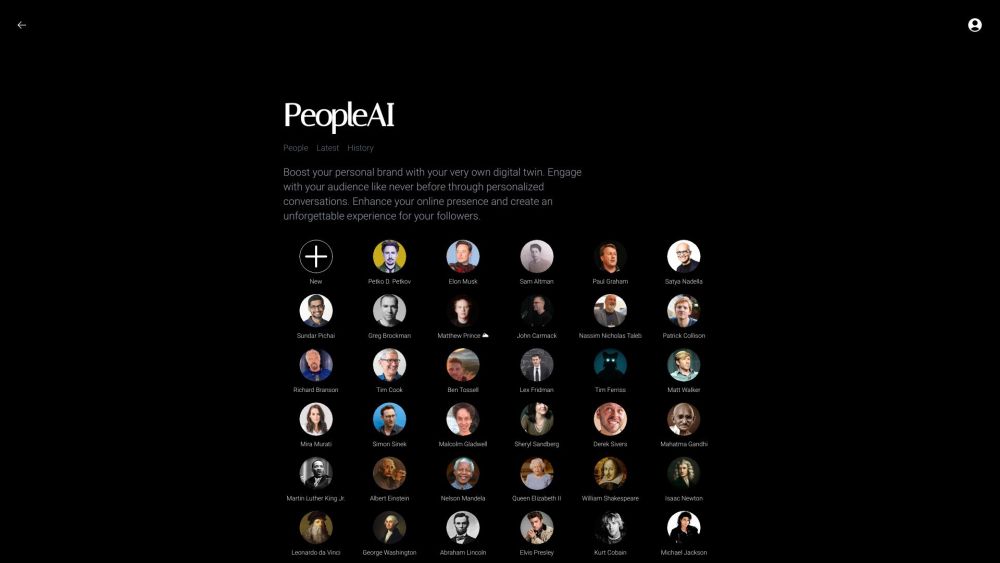Microsoft has announced an exclusive license for OpenAI’s advanced GPT-3 language model, renowned for its ability to generate remarkably human-like text across various applications, from commercial chatbots to creative writing. Following a substantial $1 billion investment in OpenAI last year to become its exclusive cloud partner, Microsoft will now provide this cutting-edge technology to both its own services and Azure cloud customers.
Launched just months ago to a select group of developers, GPT-3 has quickly captured widespread attention. As the largest language model ever created, it excels at tasks ranging from generating automated business correspondence to crafting poetry, memes, and even computer code. OpenAI initially withheld the release of its previous model, GPT-2, over concerns about potential misuse for creating fake news. Despite its complexity, GPT-3 remains user-friendly.
“Unlike most AI systems designed for specific tasks, OpenAI’s API offers a versatile ‘text in, text out’ interface, enabling users to apply it to virtually any English language task. GPT-3 stands out as the most powerful model behind the API today, featuring 175 billion parameters,” noted OpenAI in a blog post about the partnership.
With GPT-3, developers can build innovative tools effortlessly. For example, one user created a layout generator that transforms layout descriptions into JSX code, showcasing the model's versatility.
Microsoft aims to leverage GPT-3 to enhance the offerings of its Azure cloud platform. “This presents an incredible opportunity to broaden our Azure-powered AI platform, democratizing AI technology and enabling new products, services, and experiences,” stated Microsoft CTO Kevin Scott. “We are committed to making this AI platform accessible to everyone—researchers, entrepreneurs, hobbyists, and businesses—to ignite their creativity.”
Additionally, Microsoft has gained access to the source code for potential integration into its products, while OpenAI assured users that the availability of the GPT-3 model through its API will remain unchanged. “The deal does not affect continued access to the GPT-3 model, and both existing and future users can continue building applications using our API as usual,” the company confirmed.





